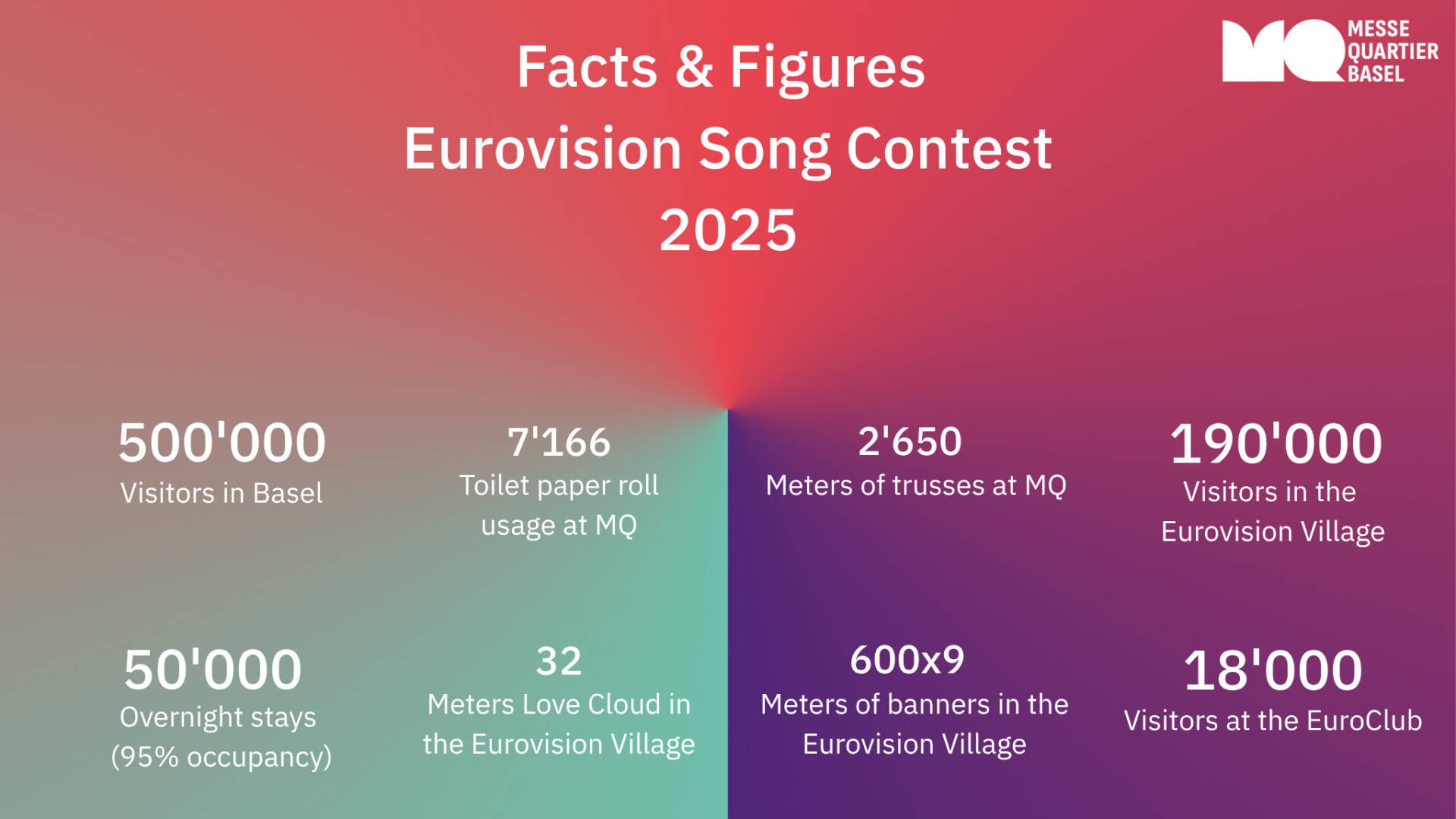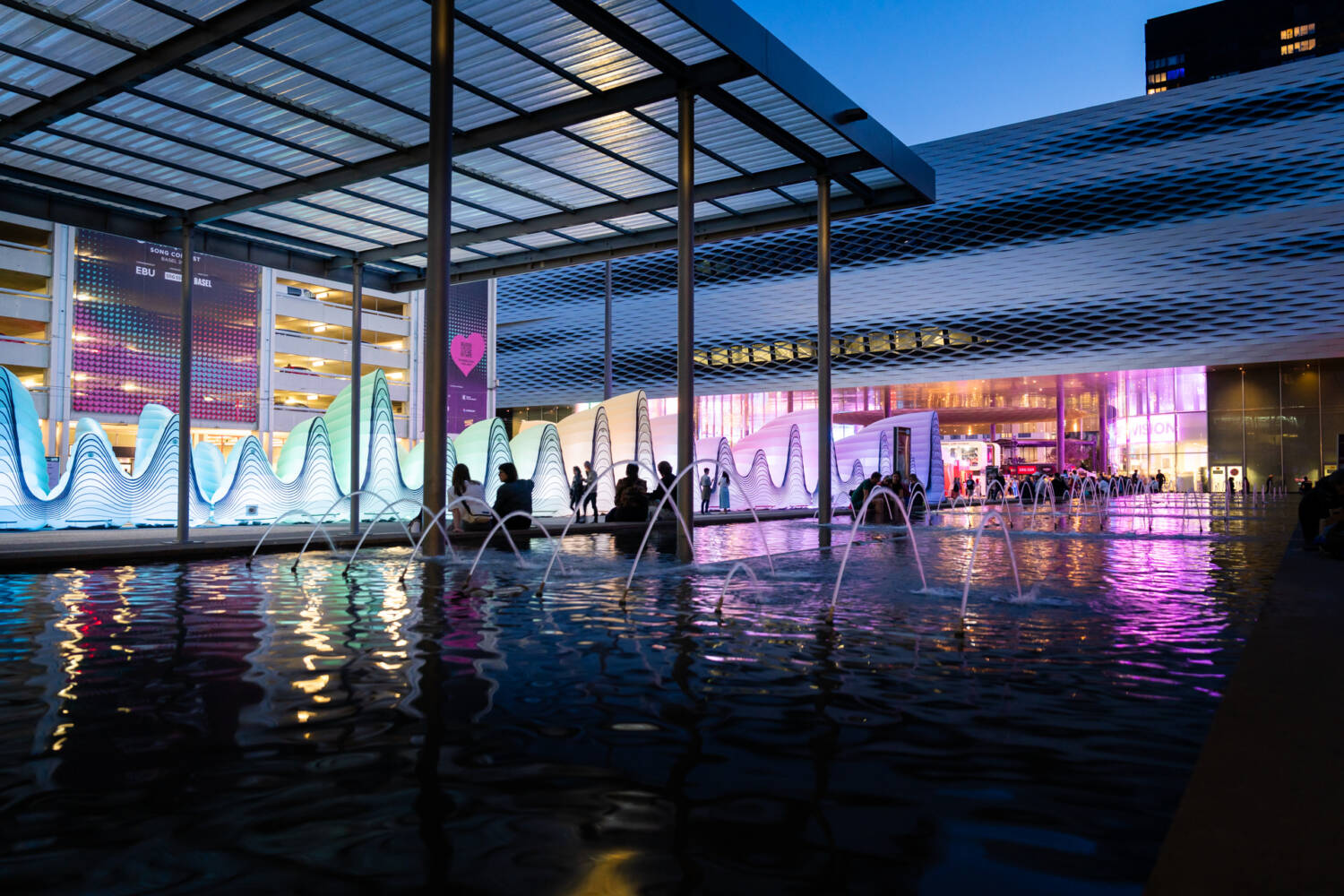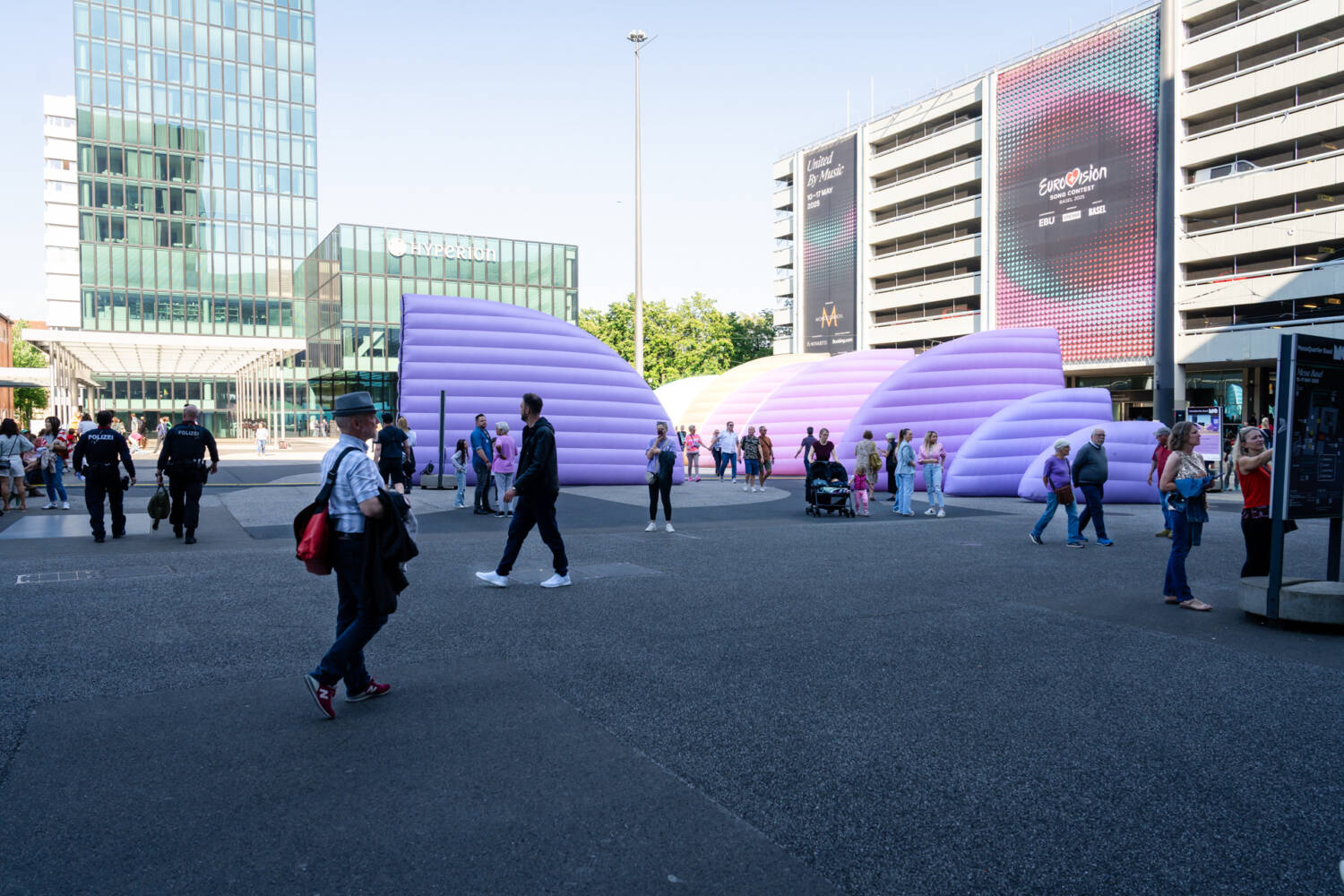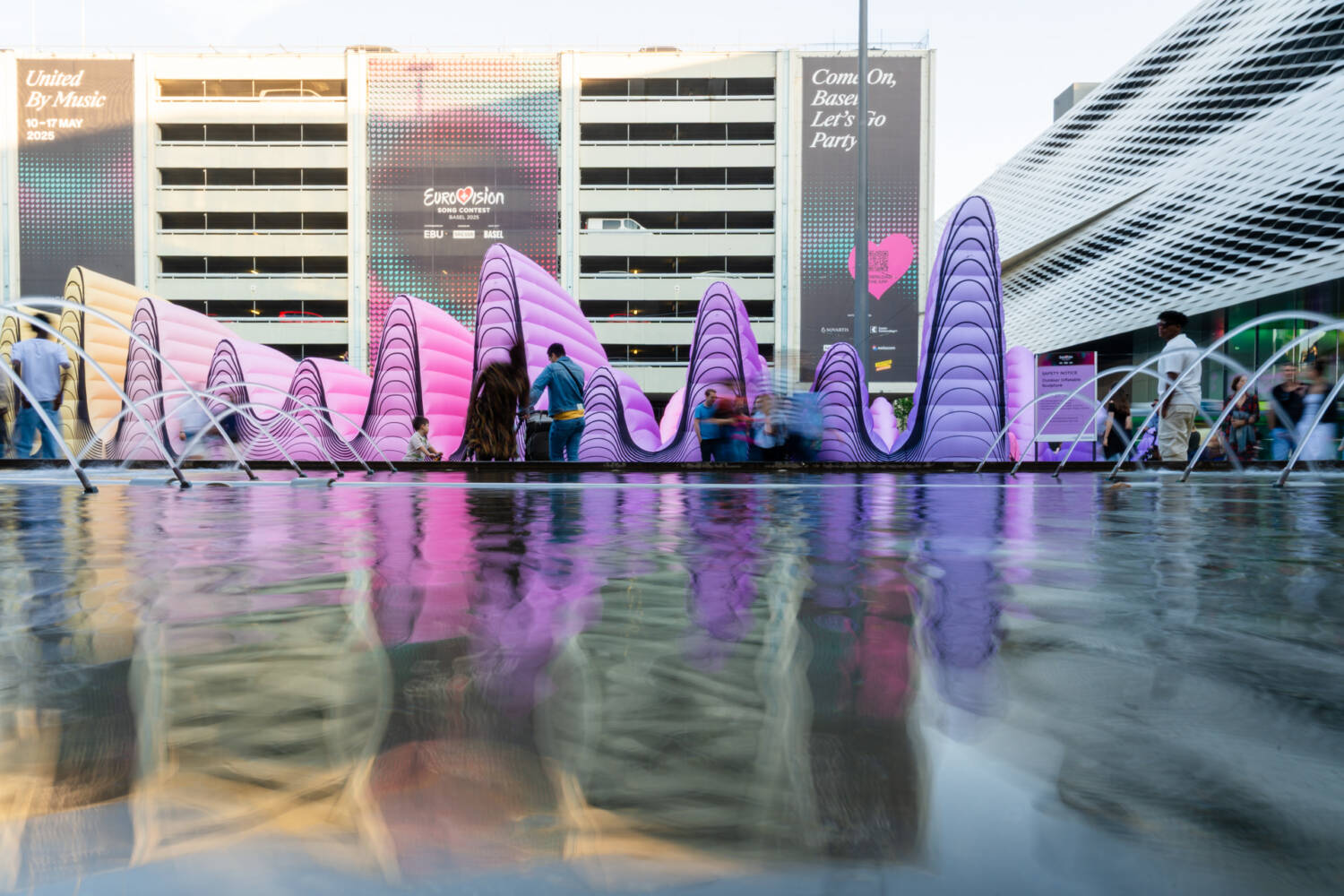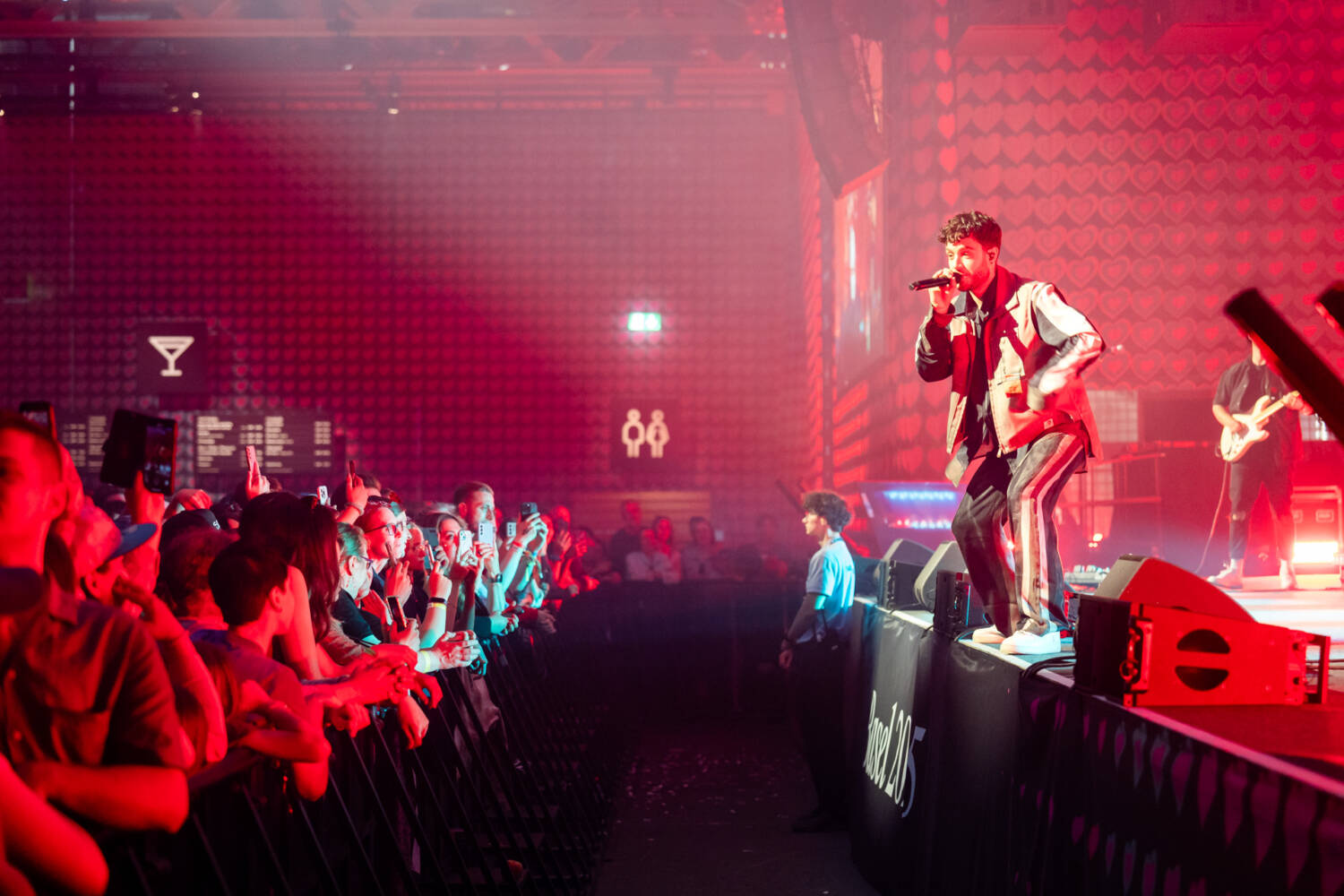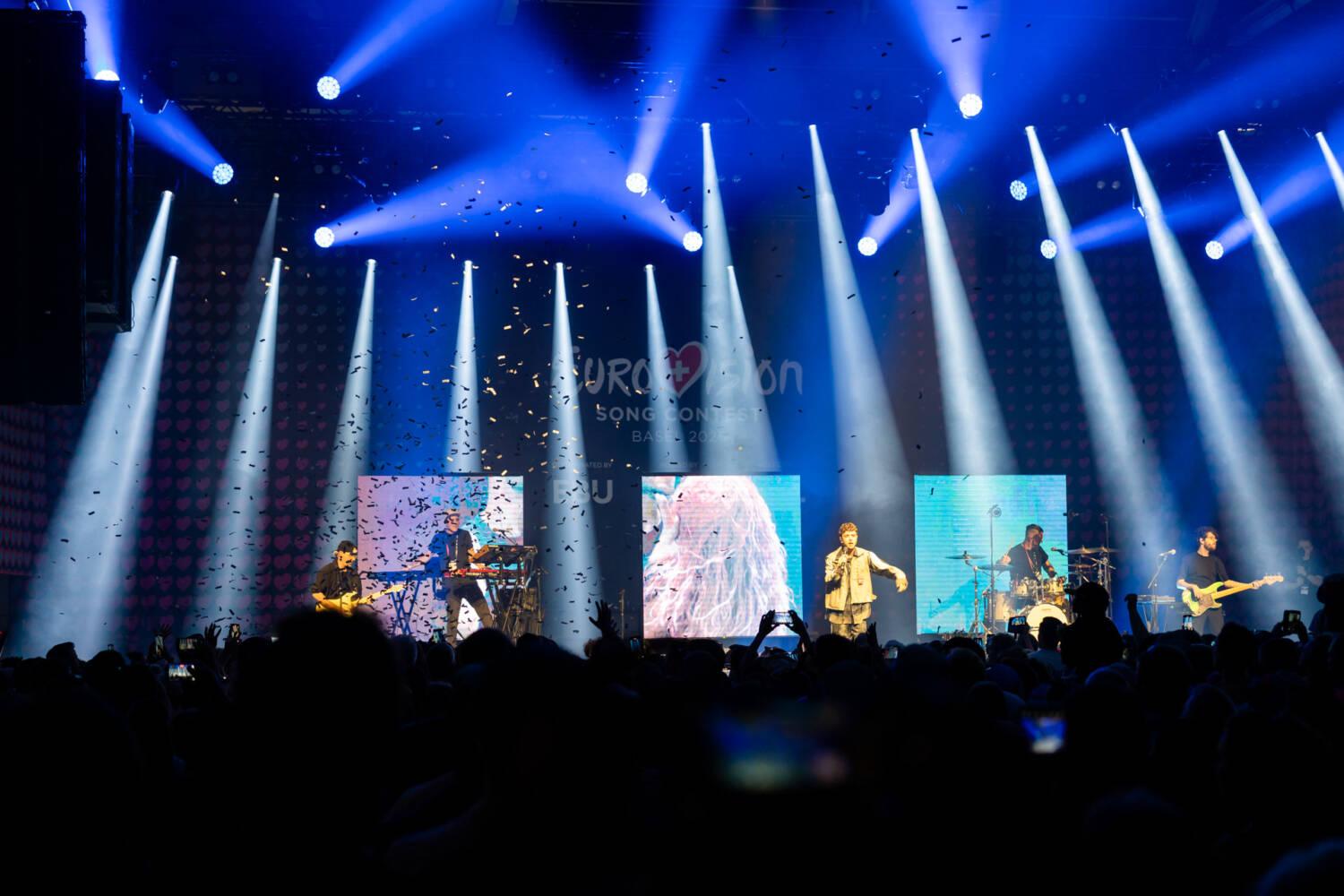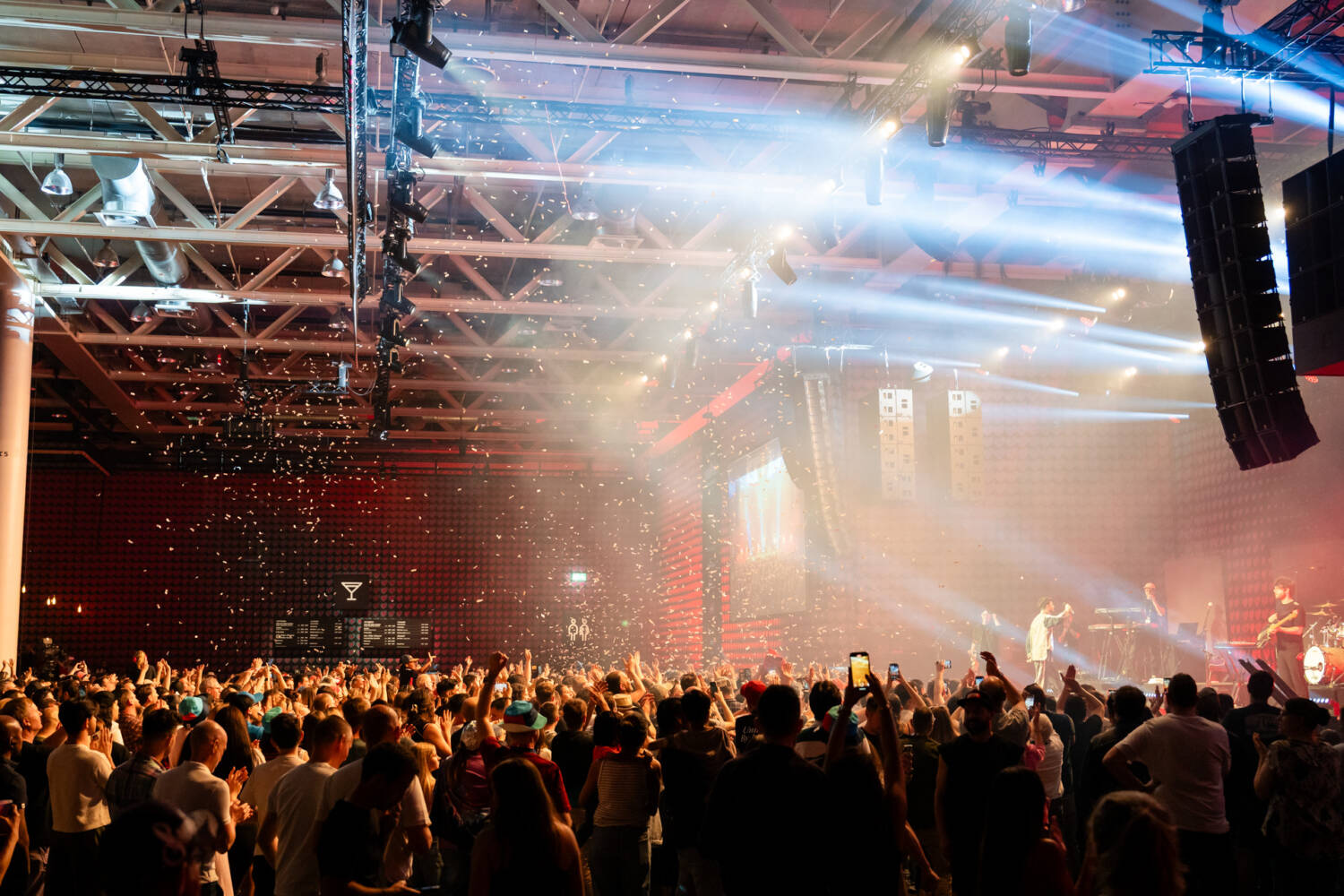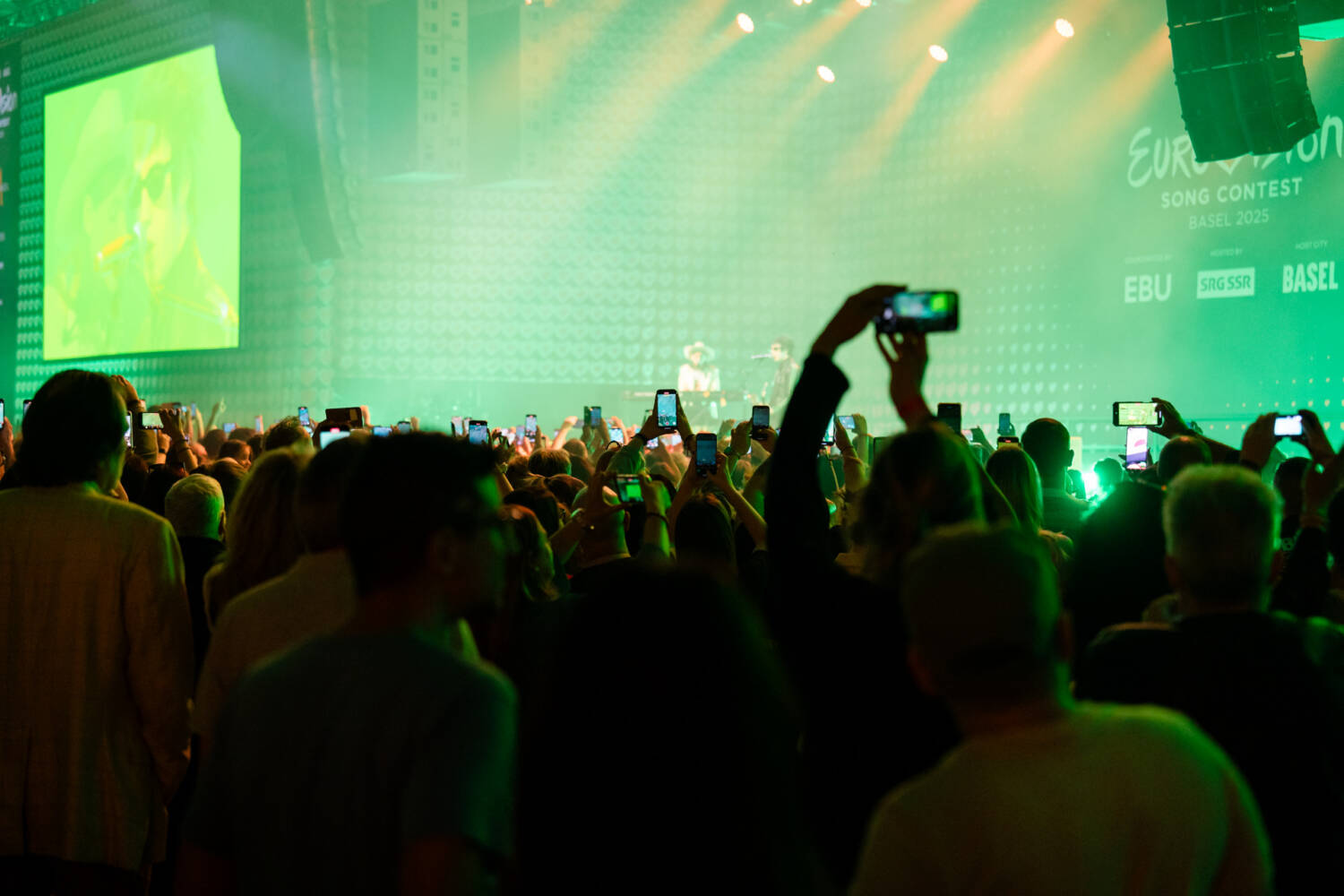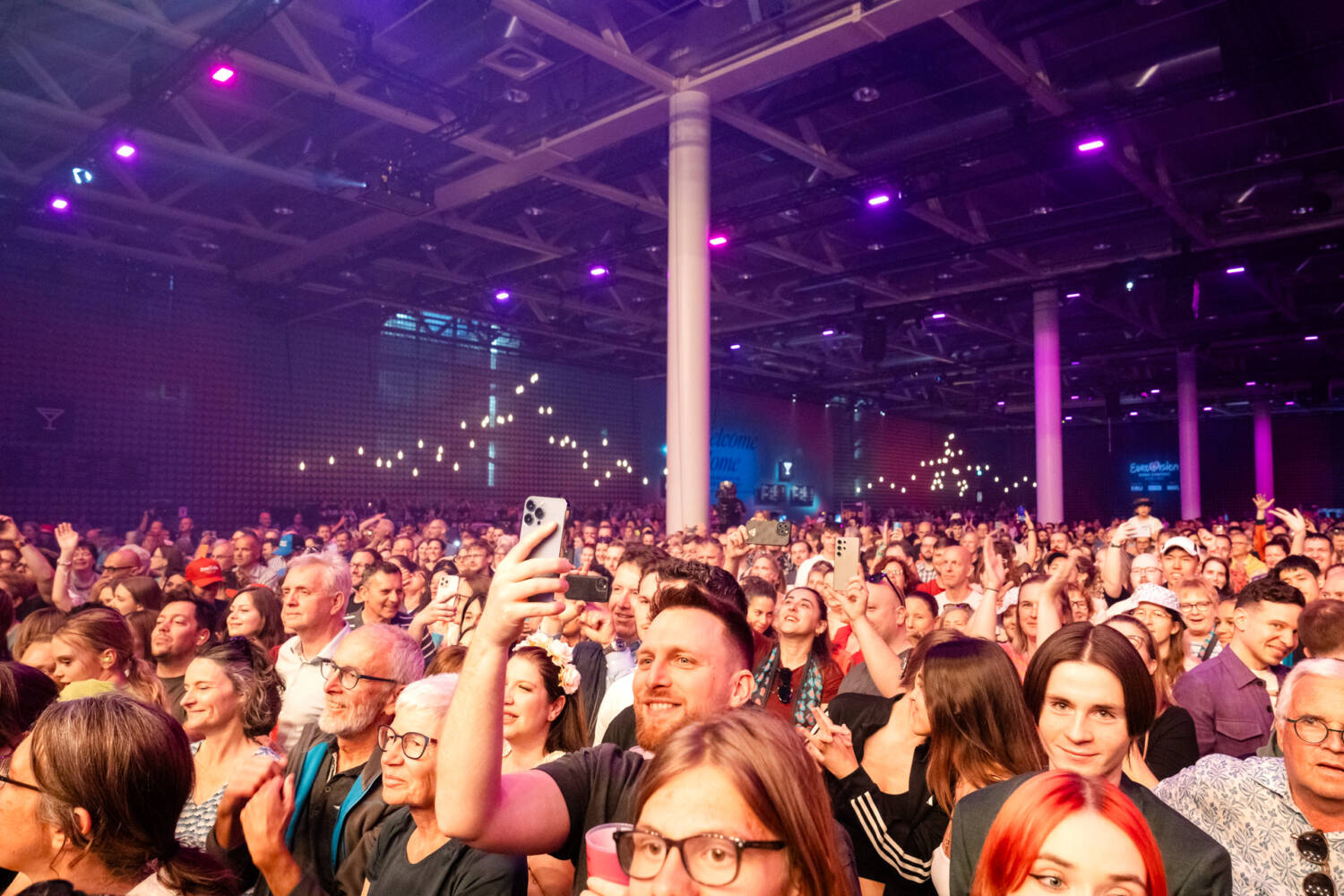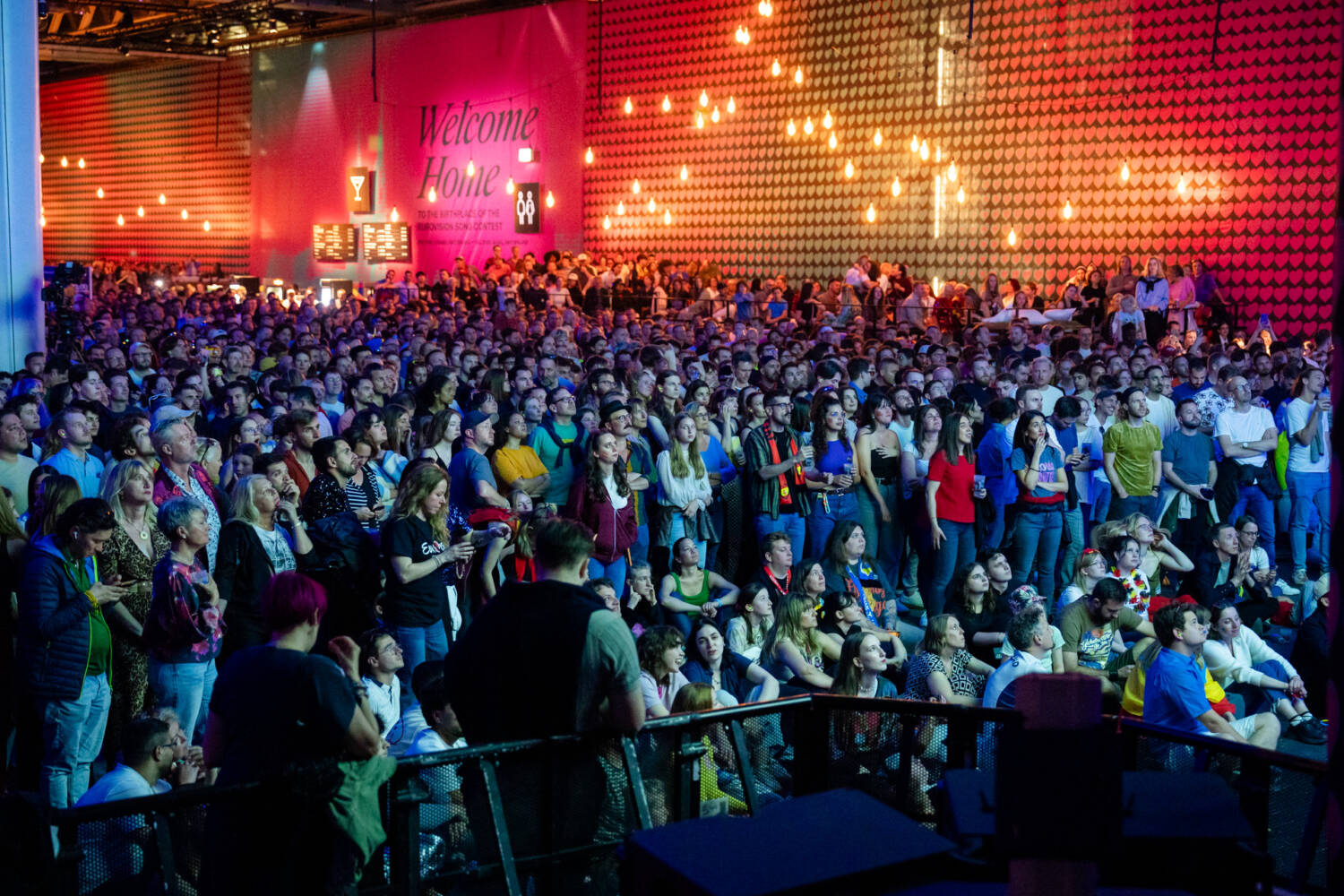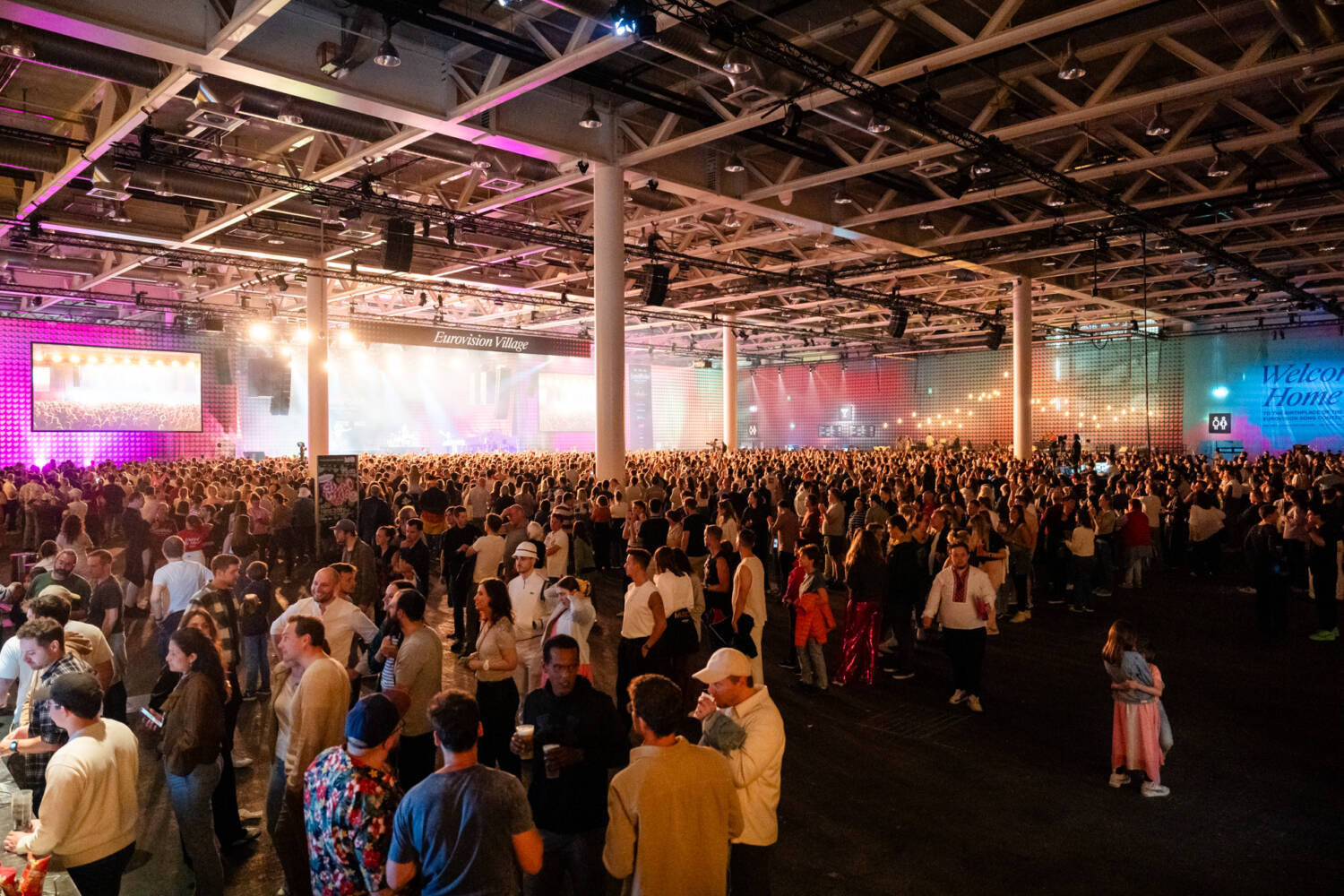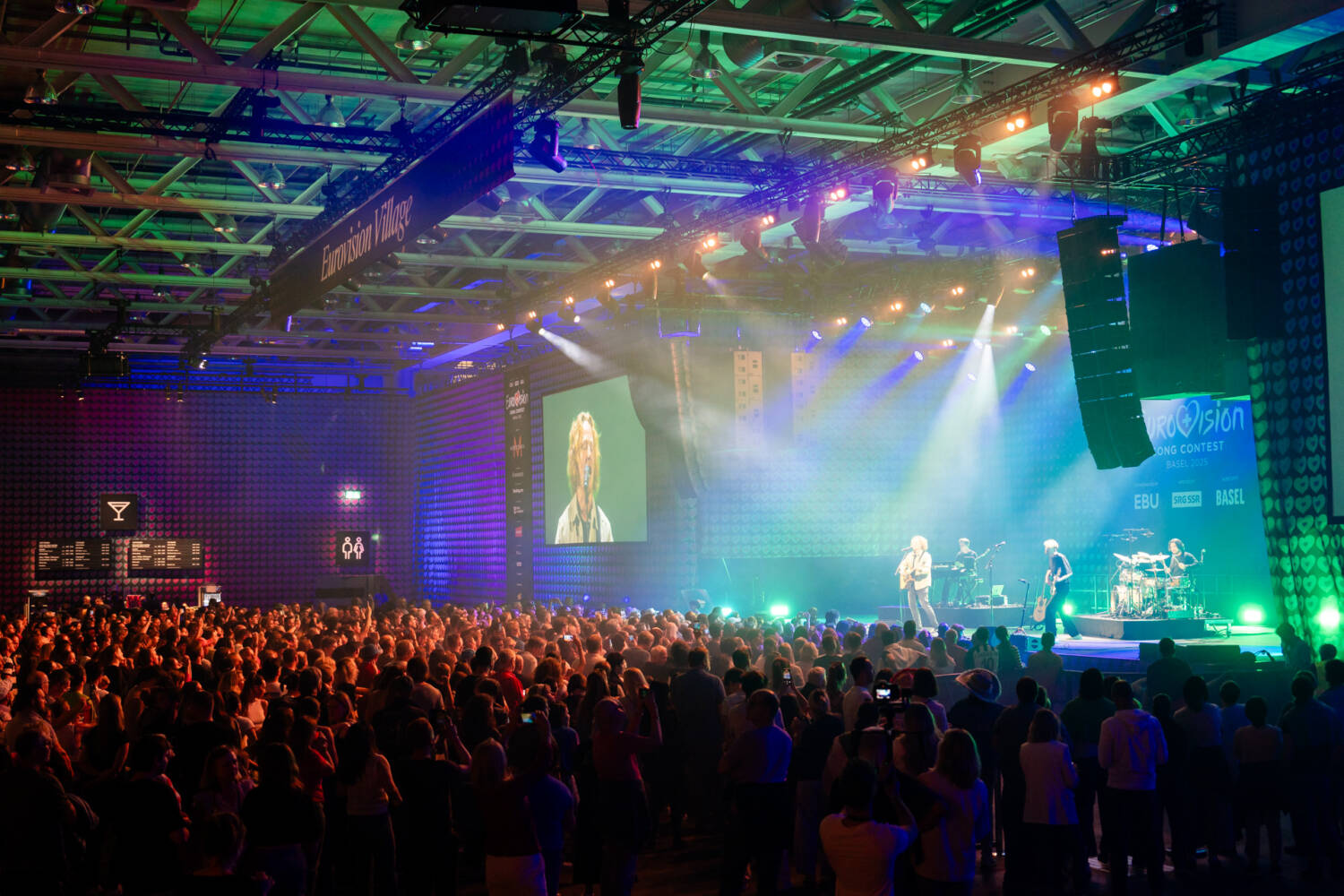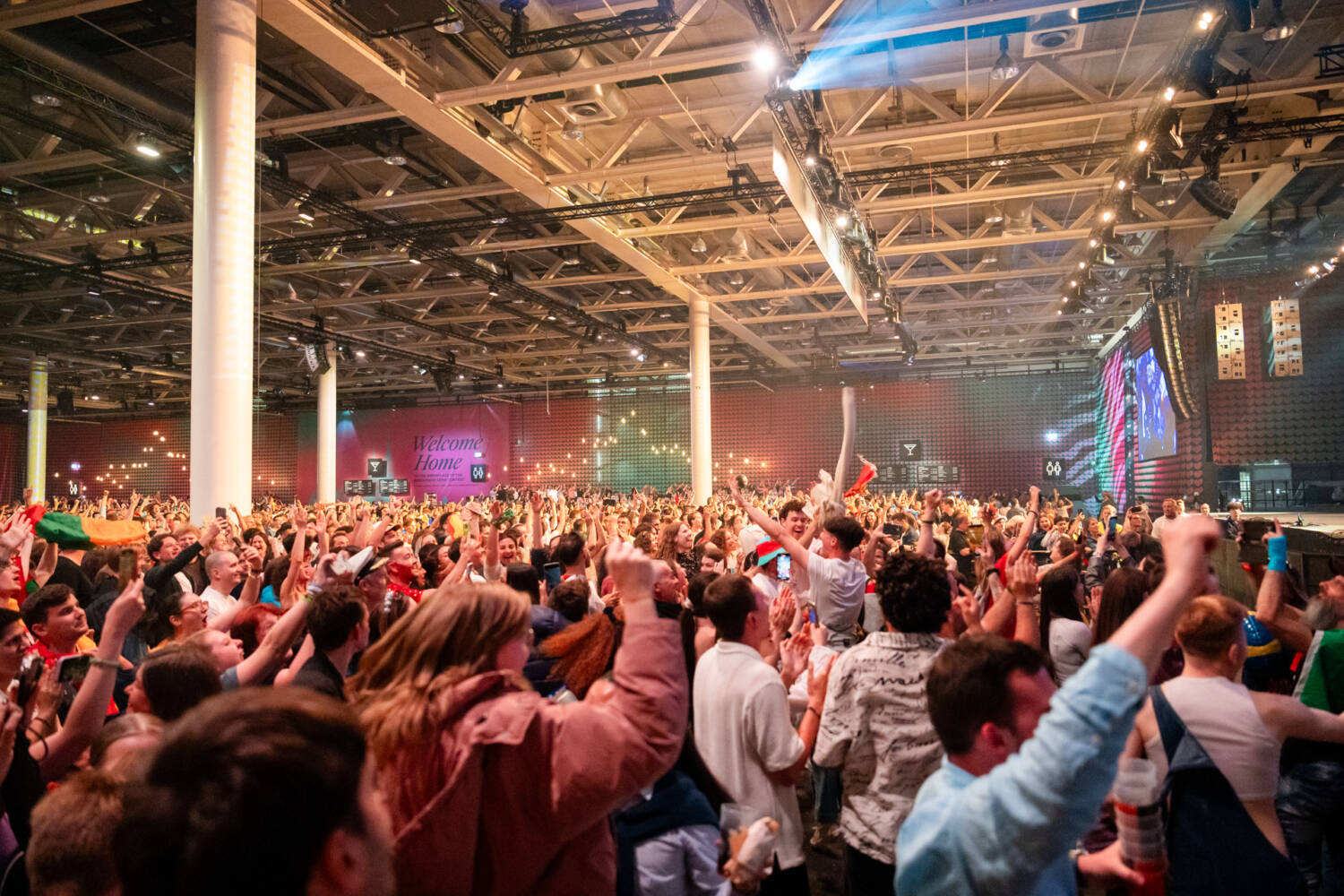
The Eurovision Song Contest 2025 was a great success: Over 500,000 people visited Basel in mid-May to experience the unique atmosphere of this major musical event and to celebrate on site. Basel used the international stage to present itself as an open-minded and creative host city. According to feedback from visitors, media representatives, partner organisations, and the European Broadcasting Union (EBU), it was above all the well-conceived execution, the diverse supporting programme, and the special atmosphere on location that stood out.
This resounding success was the result of close collaboration within the Swiss team, the enthusiasm of the people of Basel, the innovative strength of local stakeholders, and the tireless dedication of everyone involved. From the moment Basel was chosen as the Host City to the opening day of the event, barely more than 8 months – or 180 working days—passed. Thanks to meticulous planning and the active support of partner organisations, SRG, the City of Basel, and MCH Group were able to deliver a major event with global impact. In addition, around 700 volunteers from across Switzerland contributed to the success of the ESC with their commitment and dedication.
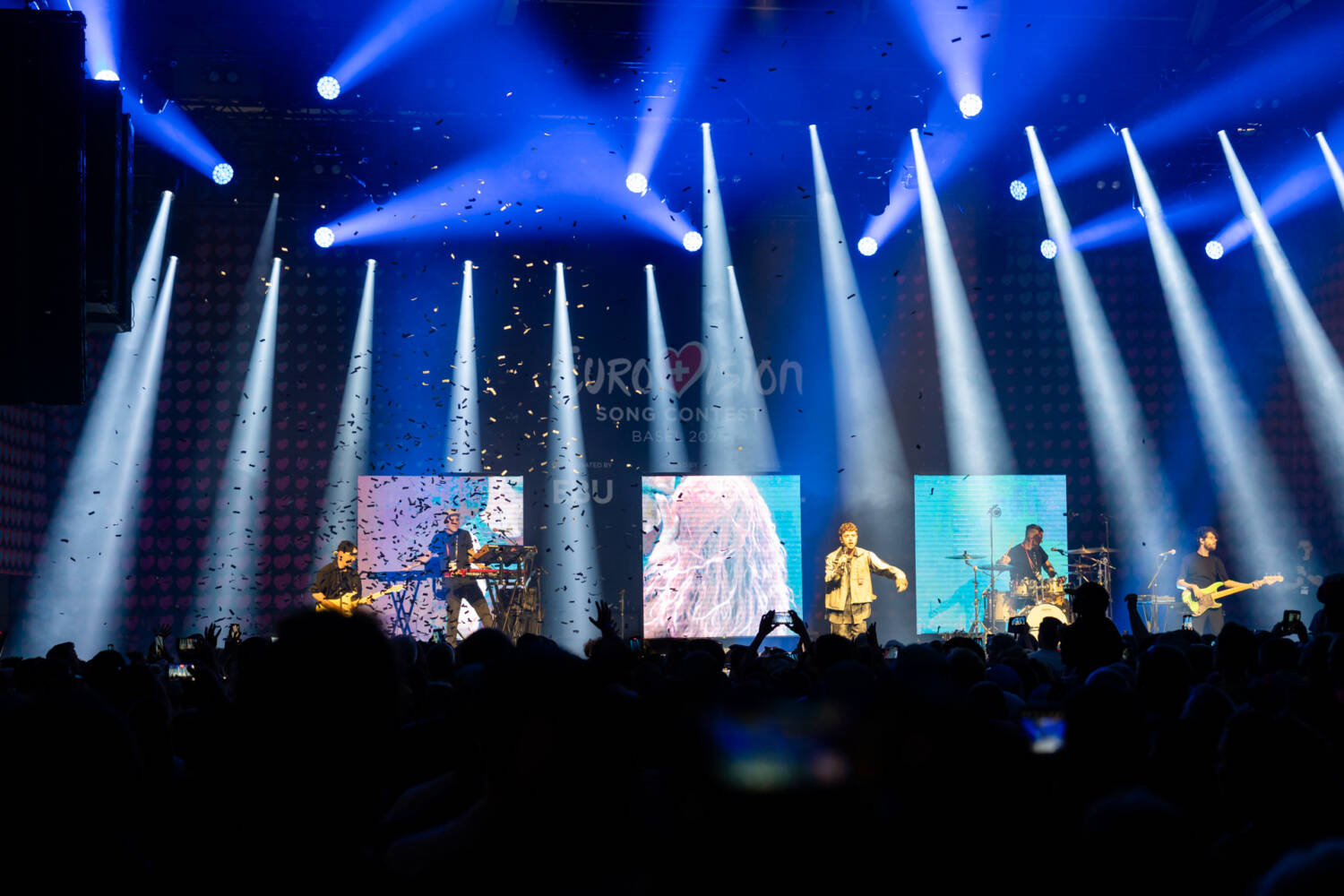
Cultural supporting programme sets new standards
As Host City, Basel demonstrated the multifaceted nature of the Eurovision Song Contest. A wide range of public formats, as well as the strong involvement of local cultural players and dedicated businesses, made this year’s ESC truly unique. A peaceful, festive atmosphere filled the entire city—low-threshold and largely free of charge. Over 250 hours of live music across various stages, along with countless dance, art, and community formats, transformed Basel into a vibrant festival city that welcomed everyone.
The Opening Ceremony marked the beginning of a truly extraordinary celebration: A parade led the delegations of all 37 participating countries through the city center in historic trams, traveling along the 1.3-kilometer-long Turquoise Carpet—the longest in ESC history! More than 100,000 people followed the spectacle on-site and via the international livestream. Upon arriving at Hall 1 in the MesseQuartier, the delegations were welcomed, interviewed, and celebrated on the Main Stage in the Eurovision Village.
The MesseQuartier was the central hub for numerous ESC side events, featuring more than 110 program highlights – from concerts and parties to performances by ESC delegations and public viewings. For the first time, the Eurovision Village in Hall 1 offered a fully weather-protected setting, while the Event Hall hosted the EuroClub & Café – creating a party hotspot and meeting point for ESC fans and dance lovers alike. MCH Group was responsible for these City Venues, as well as for the planning and realization of the Opening Ceremony, Eurovision Street, Eurovision Square, and Eurovision Boulevard.
Outdoors, the ESC also made an impression: On Messeplatz, Claudia Comte’s walk-through sculpture Lightning Symphony brought the connection between culture, events, and urban space to life in a colorful way. The art installation invited new perspectives and served as a stunning photo backdrop—featured in countless selfies and shared worldwide across social media.
